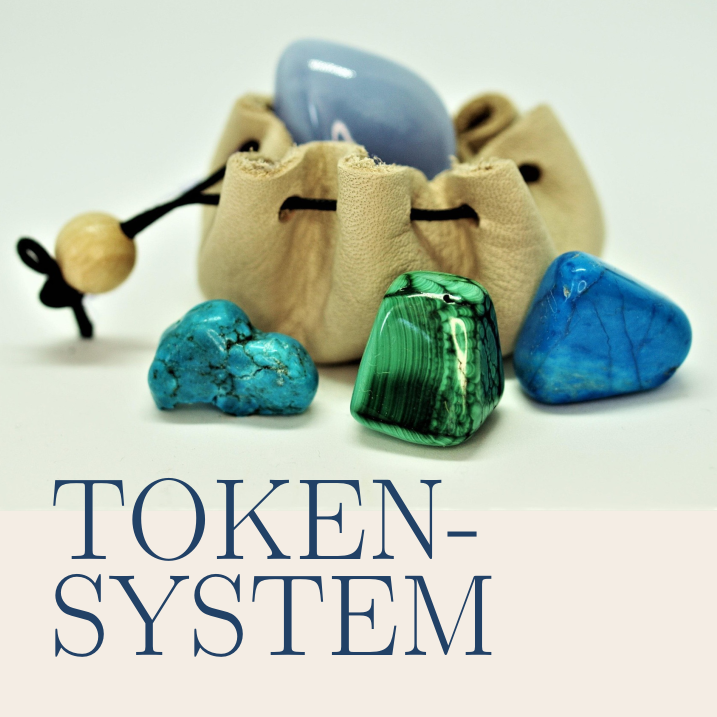Check our new E-Books for FREE! Click Here!
Feeding disorders | Recognizing and finding solutions
Feeding disorders – Recognize, understand, and find solutions. How can you counteract them? Transform the daily struggle into a collaborative effort – now!

Feeding disorders are a sensitive issue, affecting many parents, but are often underestimated. They can manifest in various ways – from constant food rejection to selective eating and inappropriate behavior during meals. In this article, you’ll learn what feeding disorders are, how you can help your child, and why it’s so important to remain calm as a mother or father.
What are Feeding Disorders?
Feeding disorders often occur in toddlerhood, but can also surface in infancy or later in childhood. They encompass a wide range of issues, including:
- Food Refusal: The child categorically refuses food, even when hungry.
- Selective Eating: Only certain foods are accepted, often in a very limited selection.
- Limited Food Intake: The child only eats very small portions, which can lead to a nutrient deficiency.
- Inappropriate Behavior: The child plays with their food, spits it out, or becomes aggressive during meals.
In some cases, feeding disorders can point to medical causes such as allergies, intolerances, or developmental delays. However, they are often psychologically conditioned or caused by behavior within the family.
7 Powerful Phrases that encourage and build up your Child
DownloadWhy do Feeding Disorders Occur?
The causes of feeding disorders are varied and individual. Often, the following factors play a role:
- Stress and Pressure during Meal Times: If parents force or overly coax the child to eat, it can lead to resistance.
- Negative Experiences: Pain while eating, such as teething or heartburn, can be associated with food.
- Development Phases: During the defiance phase, children often try to exercise control – including over their food.
- Emotional Causes: Fears, separations or other stresses can affect eating behavior.
- Incorrect Habits: Irregular meals or distraction caused by screens can promote feeding problems.
How Can Parents Counteract Feeding Disorders?
The key lies in creating a relaxed, supportive environment. Here are some tips on how to proceed:
1. Create a relaxed atmosphere:
- Avoid pressure and force. Children eat when they are hungry – trust in that.
- Meals should be positive and stress-free. This includes avoiding arguments or discussions during mealtimes.
2. Fixed Rituals and Structures:
- Offer regular meals, preferably at the same time every day.
- Avoid snacks or drinks (except water) shortly before meals, so that your child has an appetite.
3. Assume a Role Model Function:
- Children learn through imitation. Enjoy your own food and show that you have fun with a balanced diet.
- Eat together with your child at the table, without distractions from TV or cell phones.
4. Involving the Child:
- Allow your child to participate in choosing and preparing meals. It helps develop a more positive relationship with food.
- Offer a selection of healthy options and let your child decide what and how much they want to eat.
5. Patience and Small Steps:
- Accept that changes take time. Some children will only try a new food after 10-15 attempts.
- Reward small progress verbally (“Great that you tried that!”), but avoid material rewards for eating.
Why is Relaxation the Key?
Your own serenity as a mother or father is one of the most important factors. Children sense stress and pressure, which often aggravates the situation. A relaxed parent can have the following positive effects:
- It creates a calming atmosphere in which the child wants to try new foods.
- It conveys that eating is a natural process that doesn’t have to become a stressful situation.
- It helps you to handle the needs of your child with more patience and empathy yourself.
Here are a few tips on how to stay calm as a parent:
- Take a deep breath before you react to your child’s behavior.
- Remember that feeding disorders can be a phase that passes.
- Seek support if you feel overwhelmed, e.g., from a nutrition consultant or your pediatrician.
When is professional help needed?
Sometimes feeding issues can be more serious and require professional support. This is the case when:
- Your child loses weight over an extended period or is malnourished.
- They regularly experience pain or discomfort while eating.
- Meals can become a major emotional conflict daily.
- Despite all your efforts, your child is making hardly any progress.
In such cases, pediatricians or nutritionists can help clarify the causes and find individual solutions.
Practical Tips for Everyday Life
- Offer playful opportunities: Cut the food into fun shapes or arrange it creatively on the plate.
- Keep healthy snacks on hand: Fruits, vegetables, and whole grain products should be readily accessible, while unhealthy alternatives (e.g., sweets) should be offered less frequently.
- Experiment with Preparation: Some children may like cooked vegetables, whereas others might prefer them raw.
- Observe and document: Take note of which foods your child likes and when they eat particularly well. This will help you recognize patterns.
A Challenge
Feeding disorders are a challenge that many parents face. With patience, a relaxed attitude, and a supportive environment, you can help your child develop a healthy relationship with food. Remember: The journey to balanced eating habits is a process – and every little change is a success.
Token-System – Reward-System
A token system is a method of positive reinforcement designed to encourage desired behavior in children. The basic idea is simple: A child receives a *symbolic reward* – a token – for a specific behavior. This token can later be exchanged for an actual reward. The system has its roots in behavioral psychology and has been successfully used for decades in schools, therapy settings, and families.
Check it out for FREE!


